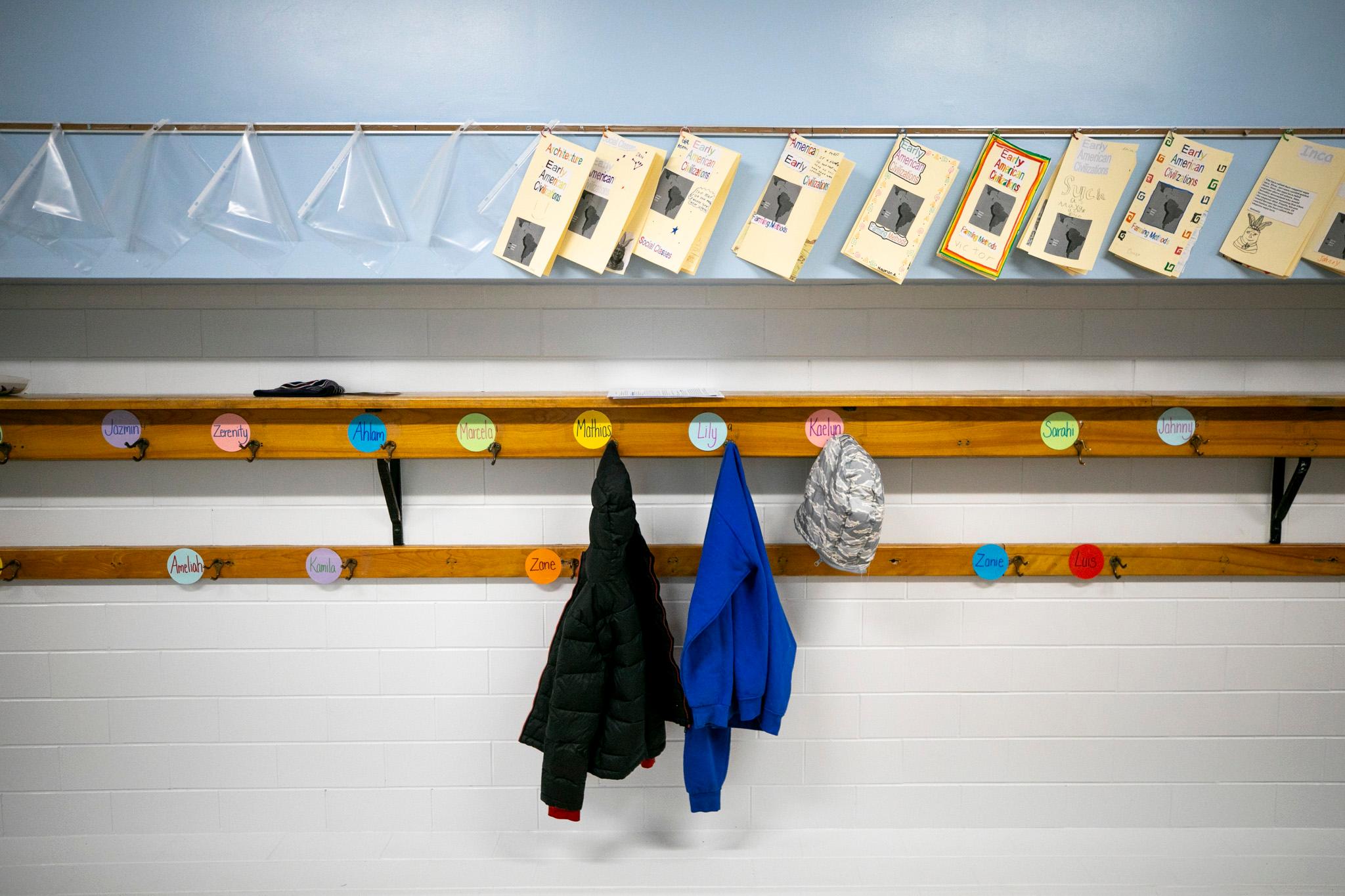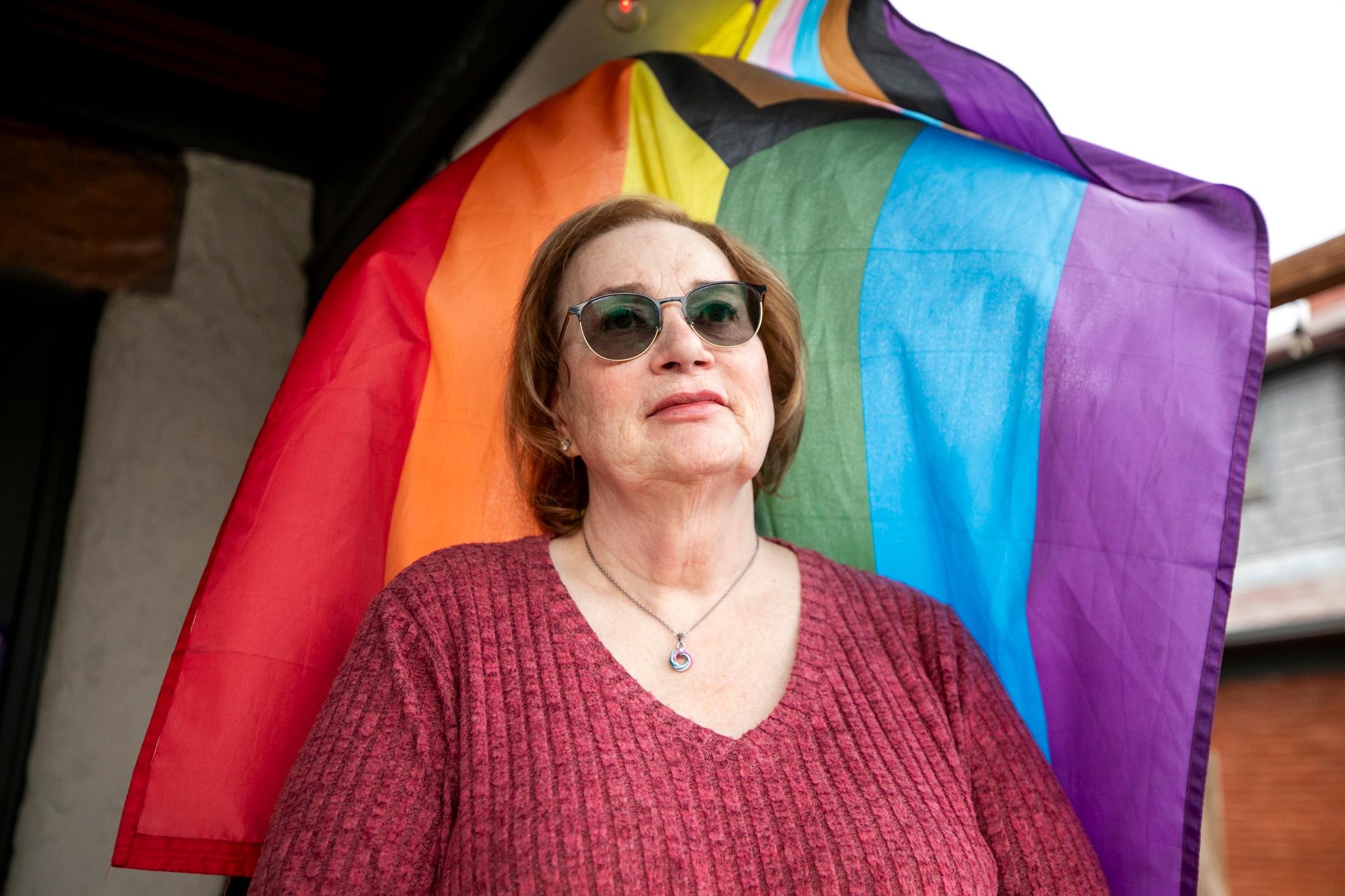Suicide is always difficult to deal with, especially for teenagers. In Colorado, the number of teens taking their own lives has increased dramatically in recent years, nearly doubling between 2006 and 2016.
Therapist Stephanie Ratner observes that the underlying issues are eternal — family and school stress, troubles with peers and romantic relationships. “But,” she says, “I think the current issues that are facing our world today in 2017 definitely add to that.”
The issue of teen suicide attracted new attention at the end of summer, when two students in the Littleton school system killed themselves within days of each other.
“Teens today are growing up with social media and everything that they say or do can be communicated in any shape or form in a matter of seconds, and that puts a lot of pressure on them,” Ratner says.
Ratner is a Mental Health Center of Denver therapist who works with students and families.
“Sometimes it feels like they’re in this dark tunnel and they can’t see the light and they don’t know how long it will before they see it,” Ratner says. “I let them know that I’m there for them and want to support them.”
Ratner recently talked about teen suicide with CPR's Jo Ann Allen. She says the first thing adults can do to help is just let teens know they've got a sympathetic ear.









